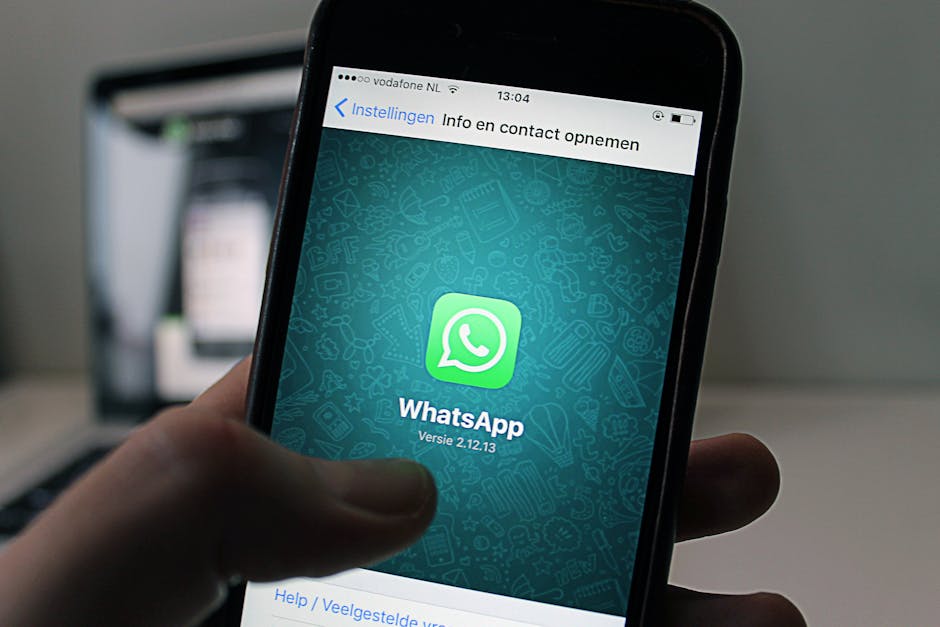Digital Products

Anita Akupile was preparing fried rice in her kitchen in Ghana’s capital as she was bombarded with notifications about restaurant orders. The mobile phone app was running. “I don’t think I can work without my phone at my day job,” she said when requests came in for her signature dish, traditional fermented dumplings.
Internet-enabled phones have changed many lives, but they play a unique role in sub-Saharan Africa, where infrastructure and public services are among the least developed in the world, said Jenny Aker, a professor at Tufts University who studies the issue. He said it was possible.a
African technology has jumped that gap many times, including by providing access to mobile money to the unbanked.
Clare Sibthorpe, head of digital inclusion at the UK-based mobile phone lobby group GSMA, said that despite the growing penetration of mobile internet on the continent of 1.3 billion people, sub-Saharan Africa’s Only 25% of adults have access to the internet. Cost is the main barrier.
Sibthorpe said the cheapest smartphone costs up to 95% of the monthly salary of the poorest 20% of the region’s population. But many people are undaunted. Many people are finding the means to buy it.
Vegetable farmer **** from the village of Atab in Ghana’s Volta Region believes he has an opportunity to expand his business now that he has access to the internet on his mobile phone.
Cyril Fianyo learns how to navigate apps of interest, including videos on planting techniques, weather information, and a third-party agriculture app called Cocoa Link that provides details about the challenges of climate change affecting cocoa and other crops. is explained.
Previously it was limited to calls and text messages.
Currently, he is registered with a company called Uniti Networks.
Fianyo will register with the company using his ID, put down a deposit of 340 Ghanaian cedis ($25) for the smartphone, and plans to pay the remaining 910 cedis ($66) in installments.
Fianyo, who has so far planted according to his instincts and had little interaction with agricultural advisors, is optimistic that the technology will help increase yields.
“I really like searching on my phone,” he says.
“Once you get your hands on it, this phone is so smart that it’s not difficult to get the information you want.”
During a training session at Ho Ho Market, Rita Quansah from Uniti Network teaches a digital literacy workshop to a small group of men and women.
“As market women, we have an app called Oze. The Oze app helps us record our sales and expenses,” she says.
Hoho is located in the Volta Region of Ghana and most of the population speaks Ewe.
Many of the people benefiting from Uniti Network projects have no formal education and do not speak English.
“The Ewe language app also has video tutorials, so even people who don’t even understand English can watch videos in the local language,” Quansah said.
Mobile lobby group GSMA says mobile internet allows sub-Saharan regions to “jump over” certain infrastructure and service gaps by providing access to mobile money even in areas where formal banks have failed. It is claimed that it has become.
According to the World Bank, less than 50% of the population has access to a bank account.
According to the GSMA, mobile money contributed $170 billion (8.1%) to sub-Saharan Africa’s GDP in 2022.
Although Uniti Networks aims to reach low-income groups, the importance of mobile internet and apps to doing business in Ghana spans the socio-economic spectrum.
Far from Hoho, in the bustling capital city of Accra, Anita Akupire runs a busy catering business with several employees.
She says it wouldn’t have been possible without her cell phone.
“We receive orders from Instagram, Tiktok, Facebook, Whatsapp and regular text messages,” she says.
As she scrolls through Whatsapp, she sees seemingly endless orders for kenki, Ghana’s traditional fermented dumplings.
“I don’t think I could work without my phone,” she says. “Even if I’m asleep, I’ll still receive orders.”
Source of this program
“This is one of the great ingredients!”
“Eighty-five percent of sub-Saharan Africa is covered by the network, but according to mobile lobby group GSMA, only 25 percent of people are using the network. Currently, a Ghanaian company has the network.”
Source: Read more
Source link: http://www.africanews.com/2024/05/19/ghana-steps-up-efforts-to-close-the-digital-gap/